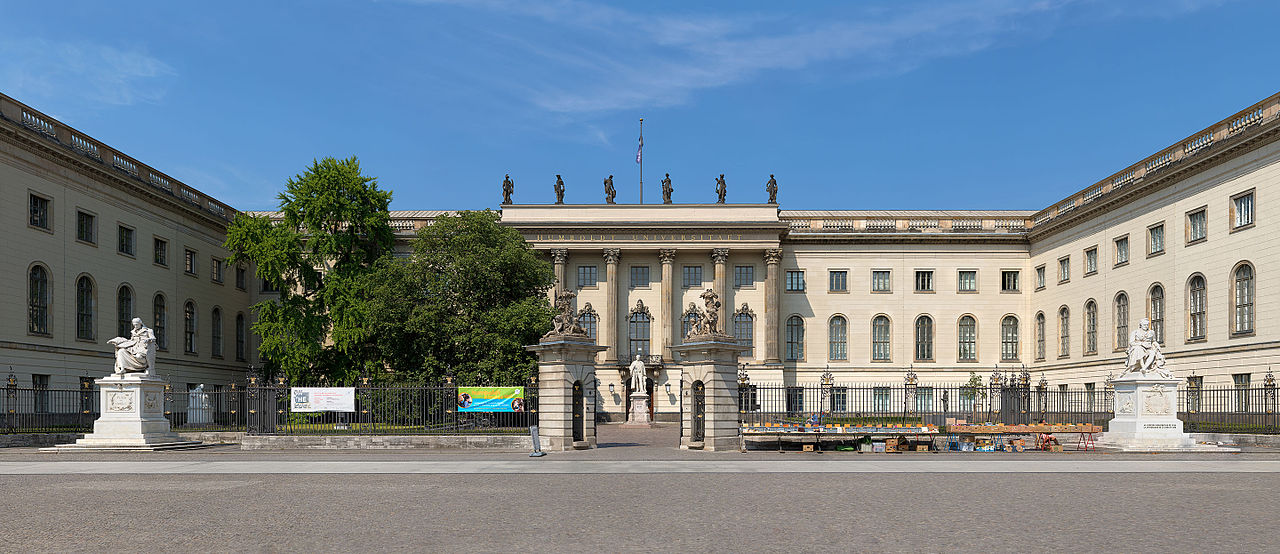Critics condemn Berlin’s Humboldt University’s institute for Islamic theology
Last Friday, Berlin’s Humboldt University’s supervisory committee voted in favour of establishing an institute for Islamic theology, which critics have condemned for having a conservative Islamic advisory board.
The publicly funded institute will be provided with €13 million (£11.5 million) from the city of Berlin to achieve its purpose in training imams and religious teachers of the future. The head of committee stated this development on part of the university was a “milestone”.
Members of the board include representatives from the Central Council of Muslims in Germany (ZMD), the Islamic Federation of Berlin (IFB), and the Islamic Association of Shiite Communities of Germany (IGS).
HU President Sabine Kunst said: “Humboldt University will recognize its social responsibility and integrate Islamic theology into its interdisciplinary academic network”.
Steffen Krach, Berlin’s deputy secretary for science and research, added to Kunst’s comments, claiming the institute would – overall – play an important role in promoting integration in the capital.
Seyran Ates, a Berlin-based liberal Muslim lawyer, on the other hand, has criticised Humboldt for allowing conservative Islamic groups to be represented on the board in charge of hiring professors, with IGS being associated with extremist groups that are under observation by the Federal Office for the Protection of the Constitution, Germany’s domestic intelligence agency.
Her animosity towards the IGS is shared by politicians from the conservative Christian Democratic Union (CDU) and the Green Party.
“We are critical not only because conservative and fundamentalist groups are sitting at the table,” she said in an open letter to Humboldt University, “but also because a Shiite group directly and indirectly supports anti-Semitism by its annual celebration of Quds Day [an anti-Zionist protest].”
As a result, Ates vowed to create her own liberal institute to rival Humboldt’s, claiming “this institute is a stillbirth”.
Consequently, Humboldt University defended its decision, arguing: “No one who is known to have taken positions that are incompatible with the constitution and [our] liberal-democratic political order will be appointed”.

Comments